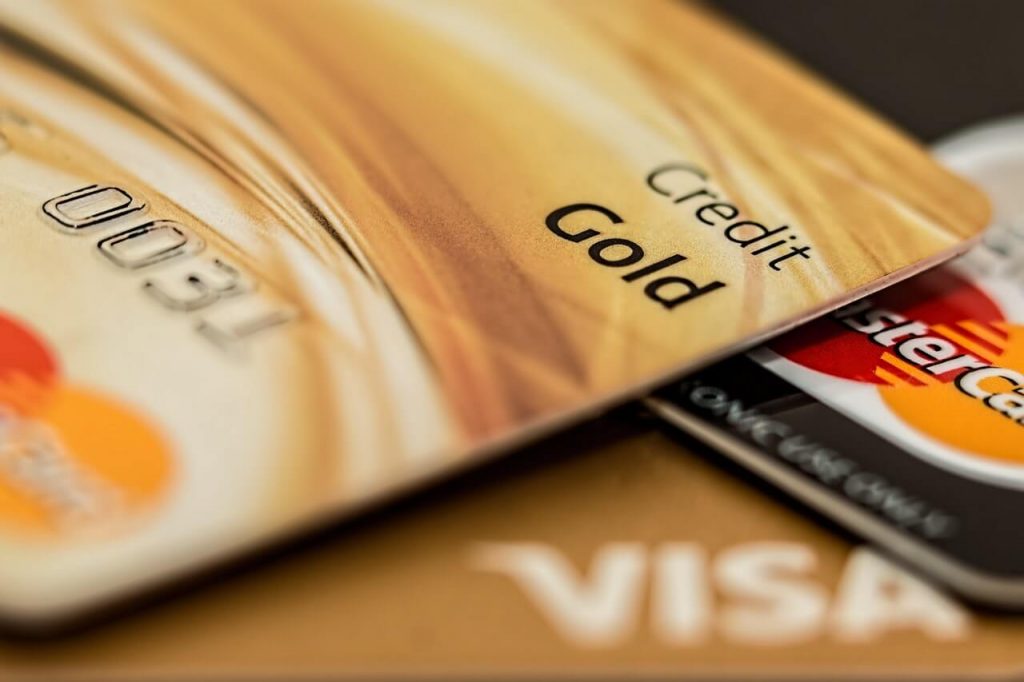
Do you find yourself getting declined by the bank when you apply for loans? Even when you know and feel that you can pay it off, have you wondered why lenders aren’t very forthcoming about granting credit?
Banks and lenders don’t decide such things on a whim; there is always a reason why they would prefer to give out loans to one person over another. When a bank or lender won’t grant you loans, it usually means you have bad credit.
Here are ways to help you fix bad credit and help you improve your chances of getting a loan in the future.
Credit Reports Matter
It was mentioned that banks and lenders don’t make hasty decisions about loans. Their basis for deciding if you are worthy of getting credit is if you have a good credit history. They know this based on your credit reports.
Credit reports tell banks and lenders about the past loans and credits you received and how well or bad you were at paying them off. This report also helps them decide how much they are willing to give out and if you are a good risk.
As a small business owner, you have unknowingly been giving small credit to your clients. Do you provide service first before getting paid? This is a form of credit. If you do, have you had the time to perform a credit history check?
Easy Ways to Fix Bad Credit
Get a Copy of Your Credit Report and Check for Errors
Getting your credit report from a credit reporting agency will help you assess and check for any errors. There might be some details that are not true and are hurting your chances of getting a loan.

There is always a chance of errors occurring and it is your responsibility to be able to point these out and have them corrected by providing supporting documentation.
Update Your Information in Your Credit Report
Over the years your life might have had major changes. You could have been married, bought your own home, or you might have recently celebrated your 10 year anniversary at work. Such milestones in your life can actually be added to your credit report and may improve your chances of getting a loan.
Look into Getting a Single Debt Consolidation Loan
Sometimes getting multiple loans with different interest rates and payment schedules can be a hassle. It can be easy to forget a payment or two here and there, but this will reflect badly on your credit report.
Try to consolidate all of your loans instead into one so you won’t have to worry anymore about missing a payment. The stress of worrying can weigh heavy over time so it might be best to lump it all into one loan.
Before you do so, do your research about any additional fees or interest rates that may incur. Ask about the process and decide whether it is worth consolidating your loans into one. Your main goals are to pay off debt in a timely manner, minus the stress of worrying about too many payments. You should be able to gauge whether this step will be helpful for our credit report in the long run.
Direct Debits Are Helpful To Pay Off Bills
Another way to ensure that you don’t miss a single payment and in turn negatively affect your credit report is to set up a direct debit payment scheme for all your bills.
Direct debits are advisable for people with a fixed income because they can easily spread out payments throughout the month. This saves them the time to worry about bills because it will automatically be debited to their account on a set date every month.

By doing this, you are showing the bank or lender that you are able to pay off debt consistently.
Good Financial Habits Matter
Try and build good financial habits so that in time you may have a good credit standing. Here are some helpful habits that you can start practicing now:
- Live within your means. Sounds simple enough but for many people, it can be difficult to only buy what their budget allows them to, and a reason why many of them have bad credit reports.
- Set a monthly and annual budget. If you have a fixed income, set how much money you are only allowed to spend every month and year. By the end of each period, compute if you have gone over or under your budget.
- Only buy what you need, and set a budget for things you want. There is nothing wrong with treating yourself, but practice control about such spending.

- Don’t jump on the first deal you come across. Make it a habit to shop around so you get the best value out of your money. Do your research and ask friends and family about any deals they might already know.
- Small purchases add up. Sometimes you think that spending $4 for a cup of coffee daily sounds affordable but if you compute how much you are spending in a year, you might think twice about going to your coffee shop.
- Debts are better off paid in a consolidated loan.
- If you are already in debt or have debts to pay, don’t get any more loans.
- Always pay your bills on time.
The Takeaway
By applying these steps, you are on your way to improving your credit. Always remember that debts should always be paid in due diligence and if you have been granted a loan recently, consider yourself lucky for having earned the trust of a bank or lender.





















